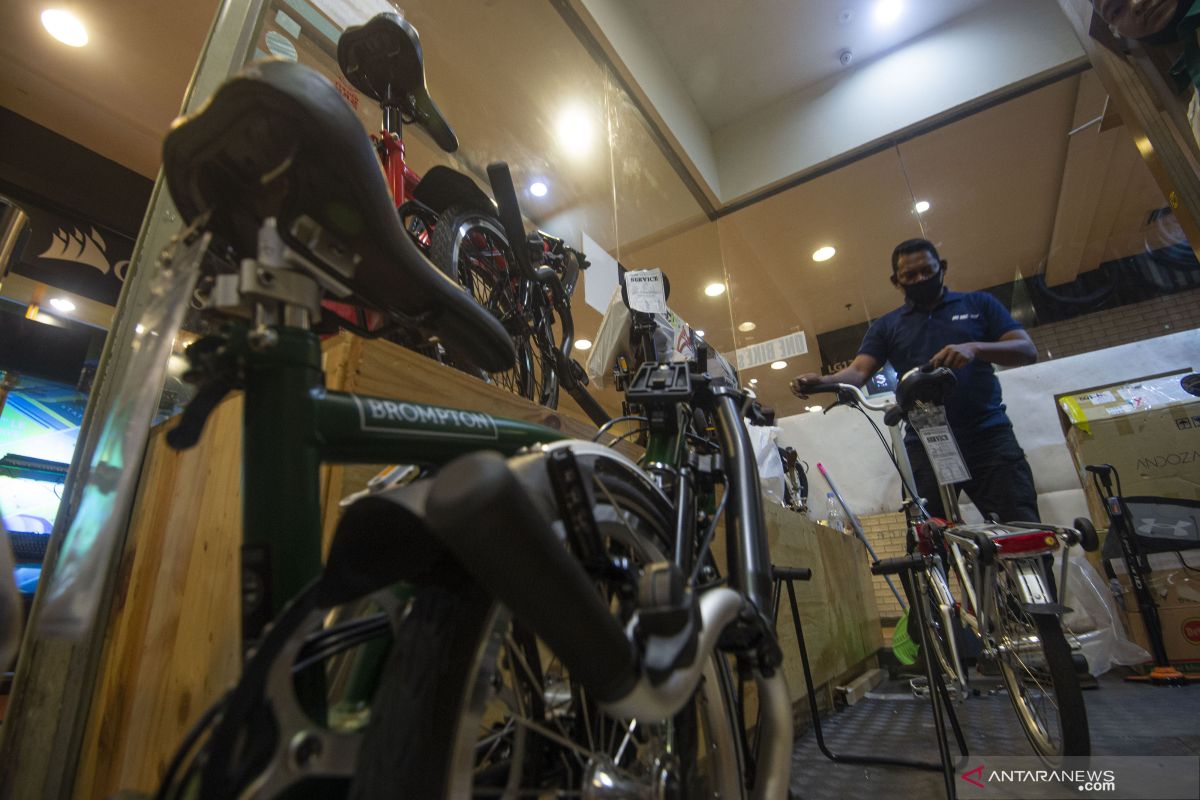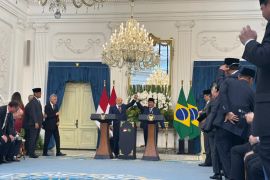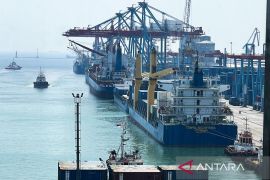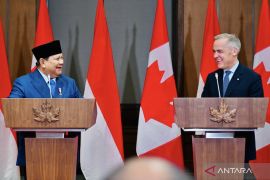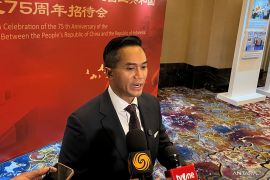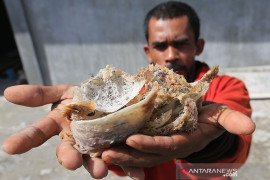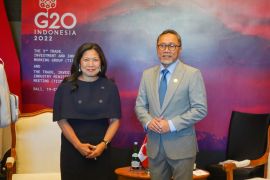"(This was done) in order to be able to compete with other developing countries," Amanta noted in a press release in Jakarta on Tuesday.
Amanta remarked that trade relations between Indonesia and the UK can be boosted by utilizing the Developing Country Trading Scheme (DCTS) and the Joint Economic and Trade Committee (JETCO) that was mutually agreed upon.
The Developing Countries Trade Scheme, or DCTS, recently launched by the UK after Brexit, boosts the prospects of Indonesia, which had inked the JETCO with the UK, to bolster trade between both nations.
The JETCO, which was formed on the recommendation of the Joint Trade Review (JTR) of the two countries, aims to open up opportunities for trade cooperation through enhancing bilateral relations and identifying potential sectors and their obstacles.
Citing the Trade Ministry’s data, Amanta pointed to the still low level of trade between Indonesia and the UK.
In 2019, Indonesia's exports to the UK were valued at US$1.8 billion, while imports from the UK reached US$965 million. UK's total imports and exports during the same year reportedly reached 692.5 billion dollars and 468 billion dollars, respectively.
The Indonesia-UK trade was cumulatively valued at US$2.2 billion in 2020.
Related news: Ease of Doing Business can boost private investment: researcher
Amanta believes that Indonesia had huge opportunities to export textile products, footwear, palm oil, forestry products, electronics, rubber, processed foods, shrimp, handicrafts, fish, essential oils, chocolate, and coffee to the UK market.
Moreover, Amanta pointed to Indonesia having extensively imported steel, machinery and automotive, basic chemicals, textiles, other chemical goods, electronics, pharmaceutical products, plastics, processed aluminum, and cosmetics.
"However, this opportunity to increase exports is accompanied by challenges with the existence of tariff and non-tariff barriers in Indonesian trade regulations and sustainability issues that are closely related to the Good Agricultural Practice (GAP) followed by local farmers," according to Amanta.
The CIPS head researcher found protectionist barriers as one of the reasons behind investors’ reluctance to invest in Indonesia
Amanta noted that the Job Creation Law and Presidential Regulation (Perpres) 10 of 2021 should be evaluated by the Ministry of Investment in order to remove overlapping regulations at the ministry and regional government levels, as they are often pose obstacles to investment licensing. Related news: Indonesia renews EoDB target to reach 50th ranking
Translator: M Baqir I A, Mecca Yumna
Editor: Rahmad Nasution
Copyright © ANTARA 2021
